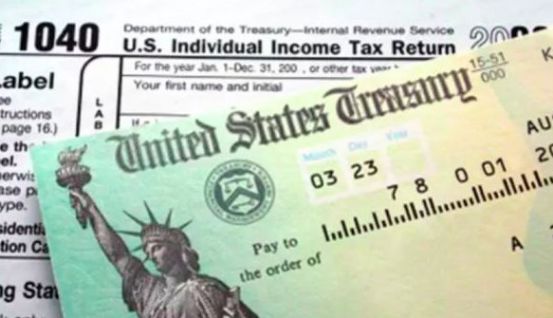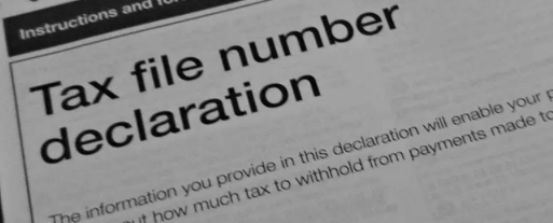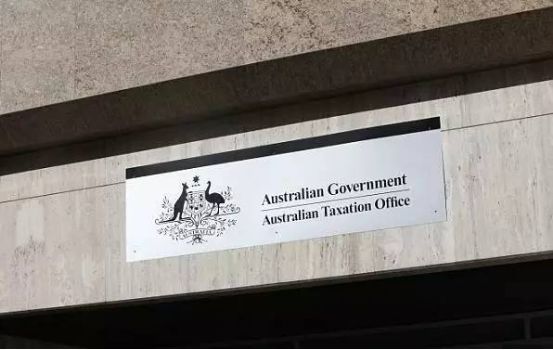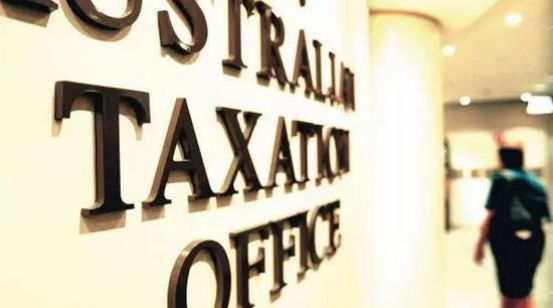Nowadays, more and more Chinese will pursue a better life abroad with their dreams and blood.
Compared with those who lived in poverty a few decades ago and who relied entirely on their own hands to chase their dreams, migrants are now more economically powerful, mostly highly educated or wealthy entrepreneurs.
But one problem you can't avoid when you work abroad is paying taxes. Heavy taxes in many countries have also left some Chinese racking their brains to avoid their hard-earned money.

What many people do not know, however, is that some clever "tax avoidance tricks" are actually illegal. Once confirmed by the IRS, even permanent status may not be guaranteed.
1. Loss of green card due to tax risk
Not long ago in the United States, a Chinese couple nearly lost their hard-earned green card because of tax problems.

The Chinese couple, surnamed Liu, emigrated to the United States in April 2015 and transferred a 100 percent interest in a company they owned to their parents before emigrating. The company's registered capital is 20 million yuan, with annual revenue of more than 50 million yuan.
Mr. Liu, who works for the company, earns $40, 000 a year, is the highest-paid executive in the company, and has the right to sign the company.
They own a house worth $1.87 million and have a loan of $ five hundred thousand.

The problem is that their parents and brothers, who nominally own the company, pay them $ five hundred thousand a year in the form of a "gift." And in the declaration of income, they also declare the income as a "gift."
In this way, "third-party assets" are often transferred to relatives and friends by taxpayers to avoid federal tax liens. In practice, however, such practices rarely take hold because federal tax liens extend to property held by third parties.
This is also demonstrated by the developments that follow up on the matter.
In 2017, the couple was vetted by the IRS. According to the IRS, the couple were suspected of "failing to declare the company's bank account, donating $ five hundred thousand to tax evasion, and concealing the source of the transaction, ownership of the transaction, control of funds, and so on."

The IRS's final conclusion is that $ five hundred thousand is not a gift, but that taxpayers have not reported additional revenue for the companies they control between 2015 and 2016. As long as the couple plead guilty, their American green cards will be cancelled and face a fine of up to 50 percent of their savings balance.
Fortunately, since the couple initially followed the advice of others to plan their own taxes, there were doubts about whether they had deliberately deceived the IRD's decision at the outset. With the help of a lawyer, the case went from a criminal case to a civil case, and the couple were fined $10,000 to keep their green cards.
It is worth noting that the couple emigrated in 2015 and were vetted in 2017. We can see that the IRS review will not be affected by the length of immigration.
2. Australia's tax system is perfect
Similar to the United States, Australia is also a country with a heavy tax burden and a very well-established tax system, which is the fundamental guarantee to maintain Australia's high welfare policy.

Every resident living and working in Australia, whether an Australian citizen or not, is required to pay taxes on time and in accordance with the law.
If there is any tax evasion, the consequences are very serious.

If the taxpayer intentionally understates the income and overstates the expenditure, he or she will be fined 75% for failing to pay the tax, and 90% for obstructing the audit; Those who take the initiative to declare supplementary tax during the audit shall be fined 60% of the tax underpayment or 15% of the penalty if it is made in advance of the audit.
Understate income, overstate expenditure, and fine 25% unintentionally. A fine of 30% will be imposed if the audit is obstructed. In the audit process, a fine of 20%, pre-audit report, 10% fine. The understatement of income, in addition to the above-mentioned fines, but also penalized interest.
If the circumstances of tax evasion are particularly serious, the tax authorities have the right to appeal to the courts and give criminal penalties.

And timely and legal tax returns are not only legal requirements, for our loans in Australia, home purchases and so on will play a positive role.
Recently, some Chinese should have received emails or bills from the Inland Revenue Bureau, and the time has come to pay corporate and personal taxes for a year.
Finally, the editor also reminds the vast majority of Chinese living and working in Australia that tax returns must be made in accordance with the law at the end of each fiscal year in order to avoid serious consequences.